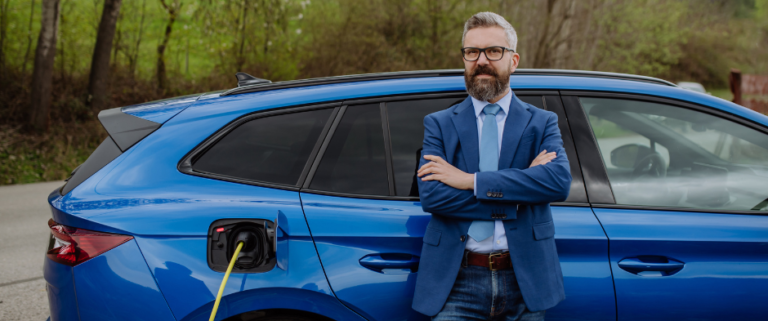
Pros:
Environmental Benefits: One of the most compelling reasons to buy an electric car is the positive impact it has on the environment. EVs produce zero tailpipe emissions, reducing air pollution and greenhouse gas emissions, which is especially important in urban areas like Madrid and Barcelona.
Cost Savings: While the initial purchase price of an electric car is often higher than that of a traditional gasoline-powered vehicle, EV owners can save significantly on fuel and maintenance costs. Electricity is cheaper than gasoline, and EVs have fewer moving parts, reducing the need for costly repairs.
Government Incentives: The Spanish government offers various incentives to promote electric vehicle adoption. These incentives can include tax breaks, reduced registration fees, and access to carpool lanes, making EVs more appealing from a financial perspective.
Reduced Noise Pollution: Electric cars are quieter than their gasoline counterparts, contributing to quieter and more peaceful streets, particularly in densely populated urban areas.
Advanced Technology: Electric cars often come equipped with cutting-edge technology, including autonomous driving features, enhanced infotainment systems, and remote control capabilities through smartphone apps.

Cons:
Limited Range: Despite improvements in battery technology, many electric cars still have a limited driving range compared to gasoline-powered vehicles. While this may not be an issue for daily commuting, it can be a drawback for long road trips.
Charging Infrastructure: Although Spain is expanding its charging infrastructure, it is not as extensive as traditional gas stations. This can lead to inconveniences, especially if you don’t have access to home charging.
Higher Initial Cost: Electric cars tend to have a higher upfront cost compared to their gasoline counterparts. While long-term savings on fuel and maintenance can offset this, the initial investment can be a barrier for some buyers.
Charging Time: While home charging is convenient, it can still take several hours to fully charge an electric car. Fast-charging stations are becoming more common, but they may not be readily available in all areas.
Limited Model Variety: Although the electric vehicle market is growing, it still offers fewer model choices compared to conventional cars. This can limit your options when it comes to size, style, and features.
Range Anxiety: Some potential buyers worry about running out of battery power, known as range anxiety. However, this is becoming less of an issue with improved battery technology and the expansion of charging infrastructure.
In conclusion, buying an electric car in Spain in 2023 comes with both pros and cons. The environmental benefits, cost savings, and government incentives make EVs an attractive option. However, challenges such as limited range and charging infrastructure, as well as the higher initial cost, may deter some buyers. Ultimately, the decision to go electric depends on your individual needs, budget, and commitment to reducing your carbon footprint. As the electric vehicle market continues to evolve, we can expect to see more improvements and solutions to address some of these drawbacks, making EVs an even more appealing choice in the years to come.







